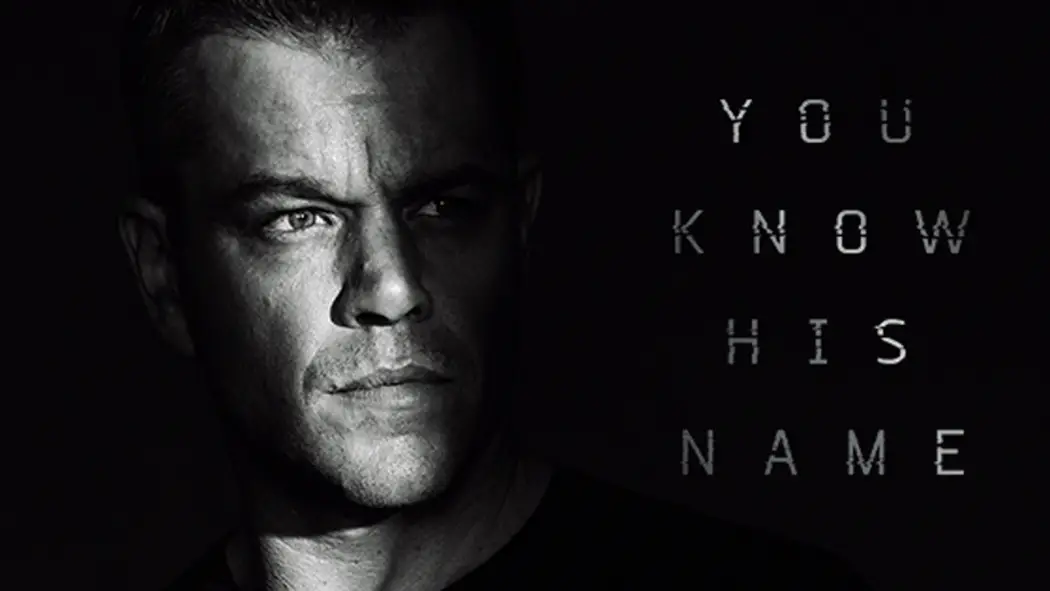The world has changed since Jason Bourne was last the starring character of his eponymous film series in 2007, and in the intervening years the grounded but fictitious world of CIA conspiracies and Agency assassins has come to increasingly resemble the reality around us.
In 2010, WikiLeaks released tens of thousands of documents related to the wars in Afghanistan and Iraq, constituting the largest leak of classified information at the time. This would soon be surpassed in 2013 by the deluge of documents secured by Edward Snowden, detailing the expansive reach of the NSA’s global surveillance program, including the collection of metadata from major corporations acquired from their users. Courts cases soon followed, such as Klayman v. Obama and ACLU v. Clapper, finding First and Fourth Amendment violations in the scope and breath of such surveillance, but without any injunctions to cease such programs. Most recently, a court order issued on behalf of the FBI against Apple under the All Writs Act attempted to compel the tech giant to create a backdoor for the government into their mobile operating system. Putting the usual Bourne fare of secret super-soldiers and clandestine killers on the backburner, Jason Bourne now navigates the actual angsts which have arisen around espionage in the light of such revelations.

Going in, I’d more expected Jason Bourne to be a response to the Daniel Craig-era Bond films, nearly the entirety of which elapsed between the production of The Bourne Ultimatum and the release of the series’ latest entry, but Bourne is clearly more of a reply to Assange and Snowden than to Skyfall and Spectre. At stake is not world domination by a megalomaniac madman or a shadowy cabal, nor even the loss of life and property at the hands of terrorists, but rather the further erosion of essential freedoms in the form of real-time surveillance by the Central Intelligence Agency of every user for the world’s most popular social media platform, beyond mere metadata into perpetual warrantless search and seizure.
While the film clearly condemns such encroachments (as well as the culture surrounding the clandestine community in general, as per past entries), it is fairly evenhanded in broaching the subject. The primary antagonist, CIA Director Dewey, articulates the arguments of the security hawks as well as any actual politician or pundit, and, as portrayed by Tommy Lee Jones, possesses presence enough as a seasoned thespian so as not to come across as a cackling villain. Alternatively, an Assange-esque character named Christian Dessault, despite the series sympathy for freedom of information and responsible whistleblowing (as orchestrated by Bourne himself in Ultimatum and Nicky Parsons here) is utilized to caricature the more anarchistic fringe among privacy advocates. Drawing the contrast as starkly as possible, Bourne repudiates Christian’s comparison to himself, stating plainly, “You’re nothing like me.” The film successfully positions Bourne as the golden mean between opposing evils of a totalitarian security state and reckless endangerment by antiestablishment activists.
Not that the film is particularly pedagogic in its presentation. If anything, it is several of the action sequences which wear out their welcome, exhausting the audience’s adrenaline before Bourne’s. But for this minor bit of bloat, Bourne is otherwise entirely engrossing, a rare cerebral thriller. Particularly praiseworthy are its realistic depictions of hacking and surveillance, historically highly fictionalized when imagined on screen. Far from any instances of two white hats furiously pecking away at the same keyboard in order to “hack faster,” the methodologies employed, the terminology utilized, and the interfaces shown all bear a striking verisimilitude.
Jason Bourne is as much a political thriller as it is a spy-fi action flick, and not since Enemy of the State has a film seized so strongly on the frightful prospect of perpetual surveillance, all the more powerful in our current climate given the plausibility – if not probability – of its actual implementation. As such, it is of real importance that our society has in its cultural consciousness a hero like Jason Bourne to inspire us, who has both the discernment and the aptitude to sail successfully between the Scylla of security and the Charybdis of chaos.
Brush up on your Jason Bourne knowledge and pick up The Bourne Trilogy (Bourne Identity / Bourne Supremacy / Bourne Ultimatum) on Blu-ray.
Join the AIPT Patreon
Want to take our relationship to the next level? Become a patron today to gain access to exclusive perks, such as:
- ❌ Remove all ads on the website
- 💬 Join our Discord community, where we chat about the latest news and releases from everything we cover on AIPT
- 📗 Access to our monthly book club
- 📦 Get a physical trade paperback shipped to you every month
- 💥 And more!












